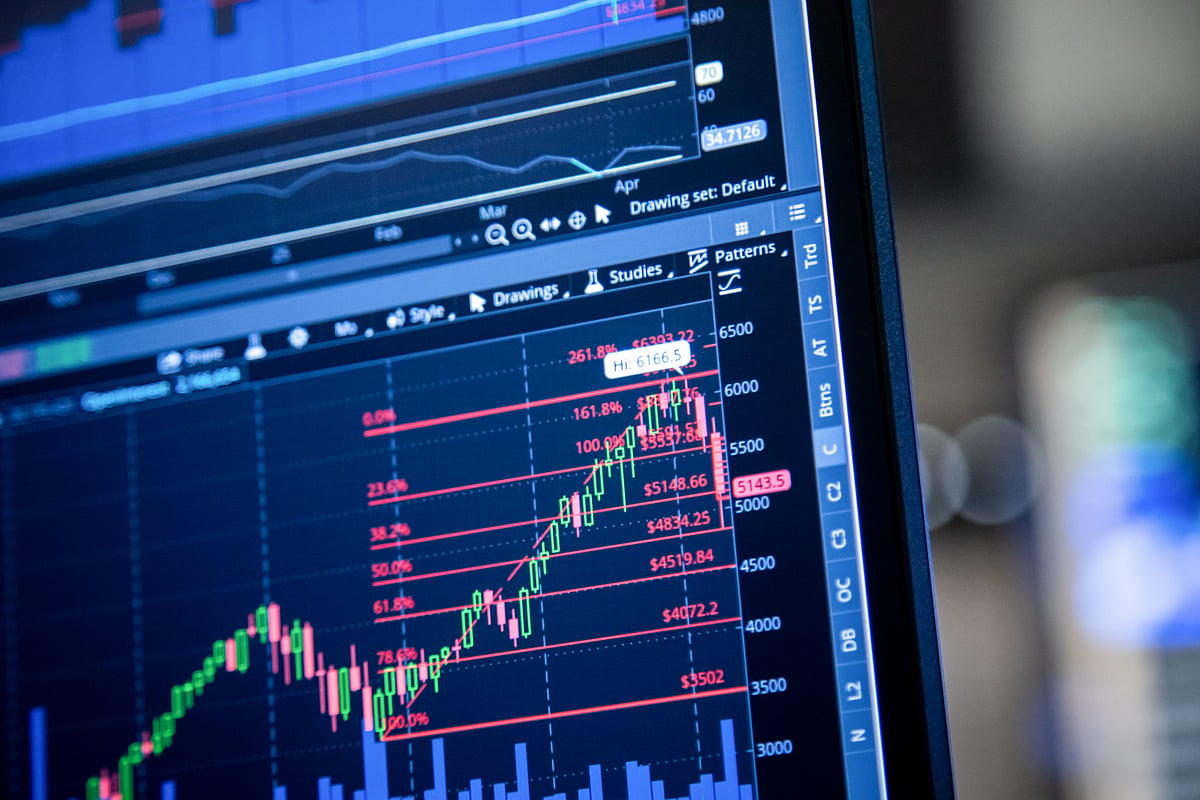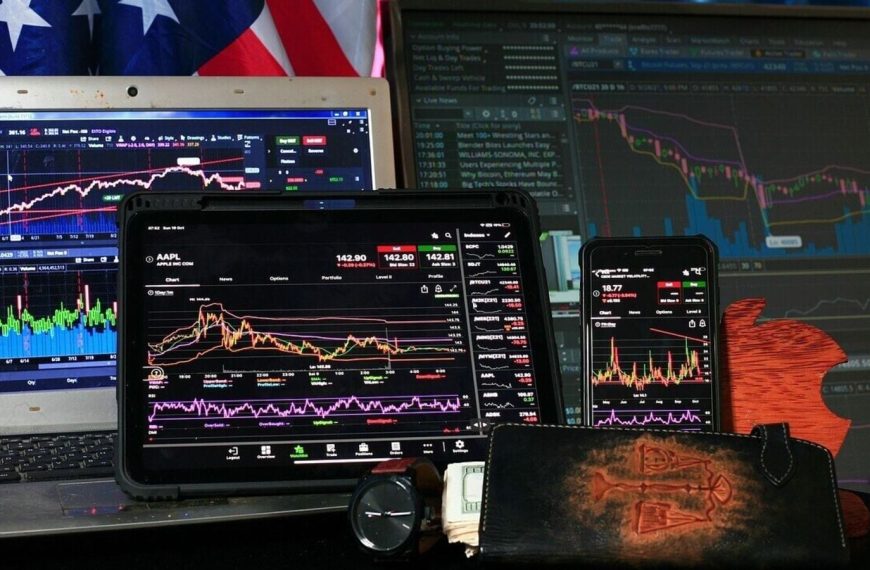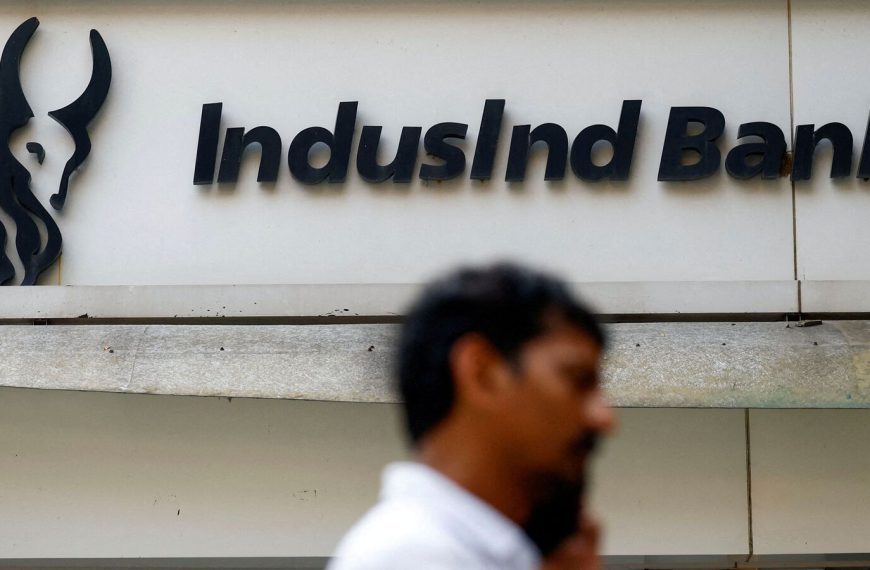Asian markets experienced a slight decline in early trading as President Donald Trump intensified his criticism of Federal Reserve Chair Jerome Powell. This escalation has raised alarms about the central bank’s autonomy and contributed to a notable selloff in U.S. assets. As investors digest Trump’s comments, uncertainty looms over the economic landscape, prompting many to rethink their strategies.
Market Reactions to Trump’s Criticism
The Asian stock index saw a downturn, while futures for U.S. equities showed a modest uptick, hinting at a potential recovery after the S&P 500 fell by over 2% on Monday. Meanwhile, the U.S. dollar steadied after hitting a 15-month low, and the demand for gold surged, pushing its prices to new heights.
- Key Market Movements:
- S&P 500 futures increased by 0.4%.
- Hang Seng futures remained stable.
- Japan’s Topix climbed by 0.2%.
- Australia’s S&P/ASX 200 dropped by 0.9%.
Despite Trump’s assurances about ongoing tariff negotiations, investor sentiment remains shaky, particularly with growing speculation that he might dismiss Powell for not implementing quicker interest rate cuts. This uncertainty has shifted Wall Street’s mood from optimism to a more cautious "Sell America" approach, as Trump’s trade policies escalate tariffs to levels not seen in a century. Experts warn that these actions could lead to inflation spikes and potentially trigger a recession.
Implications for Fed Independence
Kyle Rodda, senior market analyst at Capital.com, remarked on the declining confidence in U.S. markets, stating, "Trump’s policies are shaking the foundations of the global economic order." The President took to Truth Social to voice his concerns, claiming there was "virtually" no inflation and advocating for "preemptive cuts" in interest rates. However, the latest inflation readings suggest otherwise, remaining above the Fed’s target.
Kevin Hassett, Director of the National Economic Council, recently indicated that Trump is contemplating whether he can remove Powell from his position. This has raised alarms about the Fed’s ability to maintain its long-standing independence as Trump’s frustrations grow regarding the pace of interest rate adjustments.
Potential Market Volatility
Market analysts predict that if Powell were to be ousted, the immediate response would likely be significant volatility in financial markets, leading to a massive withdrawal from U.S. assets. Michael Brown, senior research strategist at Pepperstone, noted, "The independence of the Fed is under threat, and a shift away from U.S. dominance is becoming increasingly plausible."
Concerns from Financial Leaders
Prominent hedge fund managers are voicing their apprehensions as well. Paul Singer, founder of Elliott Investment Management, recently cautioned that the U.S. dollar could be at risk of losing its status as the world’s reserve currency, as discussed at a private gathering in Abu Dhabi.
International Monetary Policy Responses
In contrast, officials from the Bank of Japan have expressed that there is currently no need to alter their gradual approach to raising interest rates, despite the uncertainties stemming from U.S. tariff policies.
Summary of Key Market Indicators
-
Currencies:
- Euro dipped 0.1% to $1.1502.
- Japanese yen fell 0.1% to 141.06 per dollar.
- Offshore yuan remained stable at 7.2943 per dollar.
-
Cryptocurrencies:
- Bitcoin rose 0.2% to $87,535.96.
- Ether experienced a slight decrease of 0.1% to $1,575.4.
-
Bonds:
- Yield on 10-year Treasuries fell by one basis point to 4.40%.
- Australia’s 10-year yield stayed steady at 4.29%.
- Commodities:
- West Texas Intermediate crude climbed 0.8% to $63.59 per barrel.
- Spot gold slipped 0.2% to $3,416.74 an ounce.
As markets continue to react to these developments, investors and analysts will be closely monitoring the situation for further implications on global economic stability.











